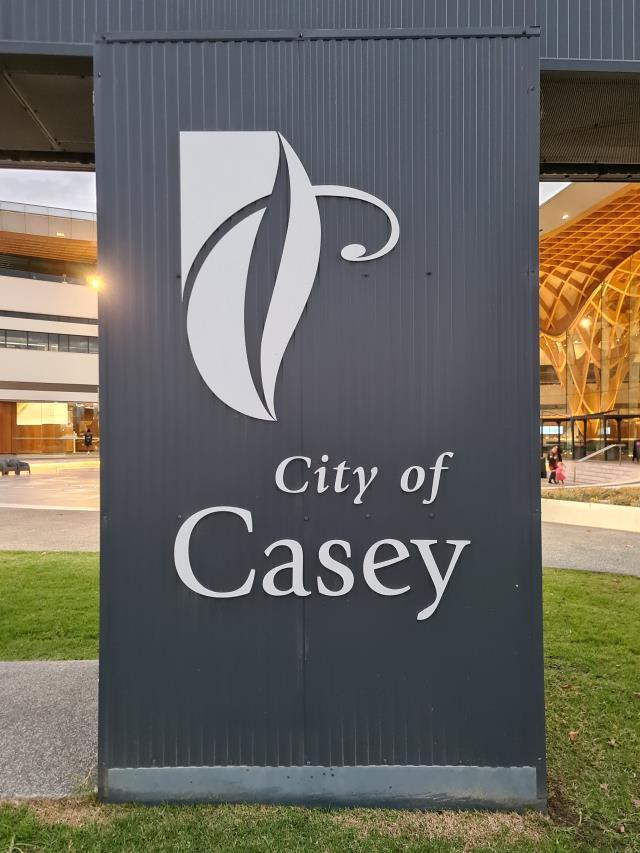
By Violet Li
Casey Council has proposed amendments to its governance rules to reflect the recommendations made by IBAC’s Operation Sandon, with a focus on openness and transparency.
Disclosure of conflict of interest is the key consideration across several divisions.
Councillors must provide written notice before the council meeting, detailing the nature of the conflict of interest, including the name of people or entities associated with their relationship with the councillors.
Councillors must declare the conflict of interest at the commencement of the meeting and during the meeting before the matter is considered.
Council will maintain a publicly available conflict of interest register which will include the date of disclosure, councillor name, the type of conflict, the nature of the interest, the time the councillor left and returned to the room, and the minutes to reflect the conflict declaration, including links.
A new provision will stipulate that a pre-meeting brief session is for information-sharing only. Councillors are not permitted to debate or make any preliminary decisions. Councillors will also be required to declare conflicts of interest in the pre-meeting.
Casey administrator Cameron Boardman said at the April meeting that pre-council meetings were not an opportunity to seek some degree of trade-offs, to look at potential decision-making outcomes, or to look at where favours and kickbacks could be.
“It’s an opportunity for councilors to be informed, to ask questions, to seek feedback, and to inform themselves so that they can make their decisions accordingly.
“The clear examples that the Operation Sandon and its final report showed was that that was not what was happening in this organisation [Casey Council].
“It is just one example of the specific requirements that we have ourselves embedded into these governance rules consistent with those recommendations under Operation Sandon.”
In line with the IBAC recommendation, planning agendas, including planning scheme amendments and planning permits, will include conflict of interest details.
The council officers must ensure a schedule of reportable donations and other known financial arrangements that parties have made or have with councillors, and a statement of the interested parties that includes details of the parties affected by the motion before the council, such as the names of personnel, company names, and registered addresses.
En-bloc voting, or collective voting, of the council resolutions will not be permitted during a meeting, another new provision states.
Mr Boardman said councillors who will be successful in the coming October election should treat the amended governance rules as a bible and read every single word.
“These documents set the tone of the expectation of what happens once we [administrators] depart this place. And it may come across as somewhat patronising or even to some extent, ironically belittling,” he said.
“But the reality is that the Operation Sandon report highlighted quite detailedly and comprehensively appalling behaviour, significant lapses in professionalism and conduct issues, and ultimately, the nature in which the previous council was dismissed was without questionally justified through the findings of that report.”
In addition to the amendments reflecting improved transparency, new rules have been proposed to address the presence of the public at the council meeting.
People who submit a public question will be required to be present at the meeting at the time the question and response are due to be read.
The council will not read the question and the response if they are not present, which will only be recorded later in the minutes.
The public will also face more public behaviour regulations during a council meeting, including not interjecting or taking part in the debate, preserving silence at all times, not operating any form of recording unless they have consent from the council by prior arrangement, and not bringing any offensive material placed on placards, banners, posters or other signage.
Casey Council has endorsed the draft amendment to be placed on public consultation for four weeks and they would consider a final report before adopting the new rules in a future meeting.







